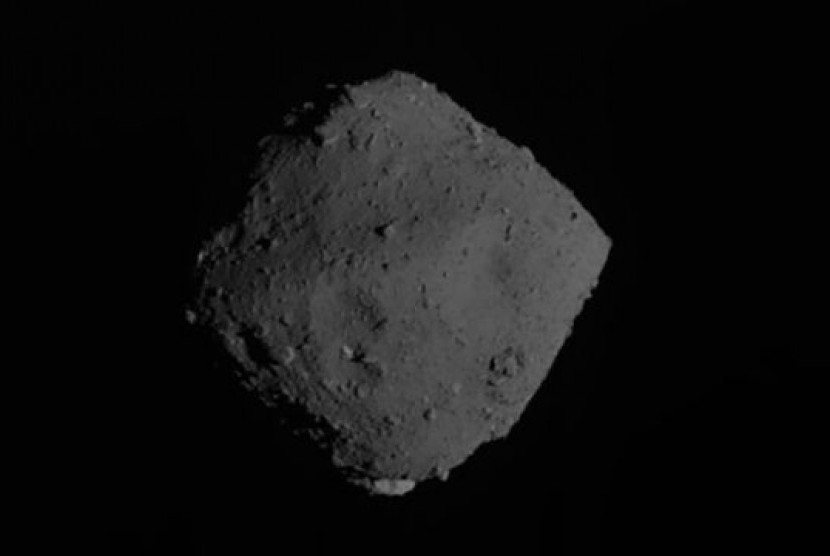In December 2020, a capsule that had been carried on a six-year mission by the Hayabusa2 craft delivered more than 5.4 grams of surface material to Earth from the asteroid Ryugu. This asteroid is located more than 300 million kilometers away from Earth.
Reported from Japan Today, Monday (6/6/2022), Ryugu’s investigation is aimed at unraveling the mystery origin of the solar system and life. Previous sample analyzes have suggested the presence of water and organic matter. A full probe of the sample was launched in 2021 by the Japan Aerospace Exploration Agency and national research institutes including the University of Tokyo and Hiroshima University.
While it is not known how amino acids arrived on ancient Earth, one theory is that they were carried by meteorites, with amino acids detected in meteorites found on Earth. However, it is also possible that the amino acids came from the soil.
Meteors that reach Earth burn up when they hit the atmosphere, and are quickly contaminated with terrestrial microorganisms.
Hayabusa2 is groundbreaking because it collects subsurface material that is not weathered by sunlight or cosmic rays, and sends it to Earth without being exposed to outside air.
Hayabusa2 left Earth in 2014 and reached a stationary position over Ryugu in June 2018 after traveling 3.2 billion km in an elliptical orbit around the Sun for more than three years. The probes landed on the asteroid twice the following year, collecting the first subsurface samples from the asteroid.
–


